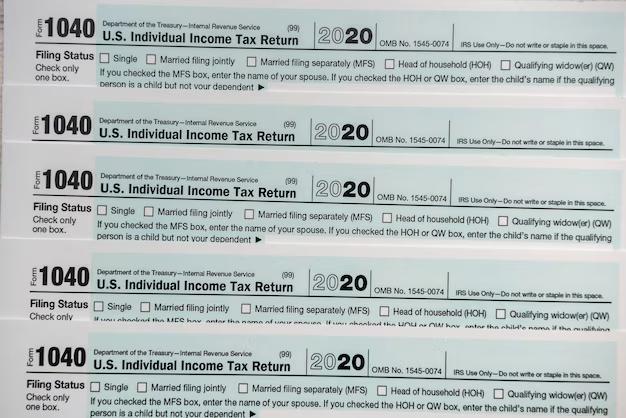Looking for an Apartment in Arkansas? Here's What You Need to Know
When considering a move to Arkansas, one of your first questions might be: how much does an apartment really cost here? The answer, like most real estate inquiries, depends on several factors, including location, size, and amenities. Arkansas, affectionately known as the Natural State, offers a range of housing prices and options, making it appealing for both country charm and urban convenience enthusiasts.
Arkansas Rental Prices: A Snapshot
The cost of renting an apartment in Arkansas is considerably lower than the national average, a factor that can make big-city transplants feel like they've struck gold. Here are some averages to consider:
Little Rock: As the state's capital, Little Rock offers a vibrant cultural scene and bustling economy. Here, a one-bedroom apartment averages around $750 per month, whereas a two-bedroom can set you back approximately $950.
Bentonville and Fayetteville: In these northwest cities, known for corporate giants like Walmart headquarters, rentals are slightly higher. Expect one-bedroom apartments to hover around $850, with two-bedrooms averaging $1,100.
Rural Areas: For a more budget-friendly living option, rural areas boast significantly lower costs. A one-bedroom can be found for as low as $500, with two-bedrooms often under $700.
Weighing the Cost of Living
Despite these tantalizing prices, it's critical to consider the overall cost of living. While rentals are affordable, expenses like utilities, transportation, and groceries should be factored in. However, Arkansas remains one of the more affordable states, especially compared to coastal regions.
Financial Assistance and Relief Programs
If you're in need of assistance managing rental costs or other financial burdens, Arkansas provides several helpful options:
Arkansas Rent Relief Program: Aimed at helping renters who have faced hardships due to unforeseen circumstances, this program can cover rent and utilities.
Section 8 Housing Choice Voucher Program: This federal assistance program provides vouchers to help low-income families afford housing in the private market.
Arkansas Homeless Prevention Office: Offers resources for those at risk of homelessness, including emergency aid, short-term financial assistance, and supportive services.
Local Community Initiatives: Many communities have nonprofit organizations and city-provided services that offer temporary financial aid and support for housing stability.
Exploring Further Opportunities for Financial Stability
While rentals are manageable, financial peace of mind comes from knowing that help is within reach when needed. Here are a few other resources that can aid in your journey:
Educational Grants and Scholarships: Residents seeking educational advancement can access state grants and scholarships to mitigate the costs of continuing education, thereby potentially enhancing income opportunities.
Credit Counseling and Debt Relief: Organizations providing credit counseling and debt management plans can assist in resolving debt issues, improving credit scores, and establishing financial independence.
Low-Interest Credit Solutions: Consider exploring credit cards with favorable terms and low-interest rates for additional financial flexibility. It’s a viable option for making ends meet during challenging times, as long as spending is planned carefully.
Arkansas’s affordable rental market, combined with these financial resources, makes it an attractive option for many seeking a balance of quality living and economic feasibility. Whether you're new to Arkansas or a lifelong resident, there’s evidence that the "Natural State" can be both a comfortable and financially promising place to call home.
Financial Assistance and Resources in Arkansas:
- 🏠 Arkansas Rent Relief Program: Covers rent and utilities for those facing hardship.
- 📜 Section 8 Housing Choice Vouchers: Provides rental assistance to low-income families.
- 🚪 Homeless Prevention: Community-based advice and temporary financial aid.
- 🎓 State Educational Grants: Funding for continuing education opportunities.
- 💳 Credit Counseling Resources: Professional help in managing debt and improving credit.
- 💸 Low-Interest Credit Solutions: Consider credit cards with favorable terms for flexibility.

